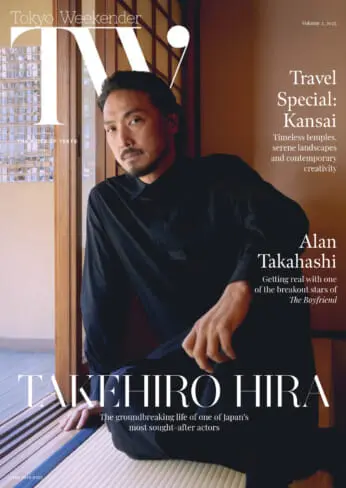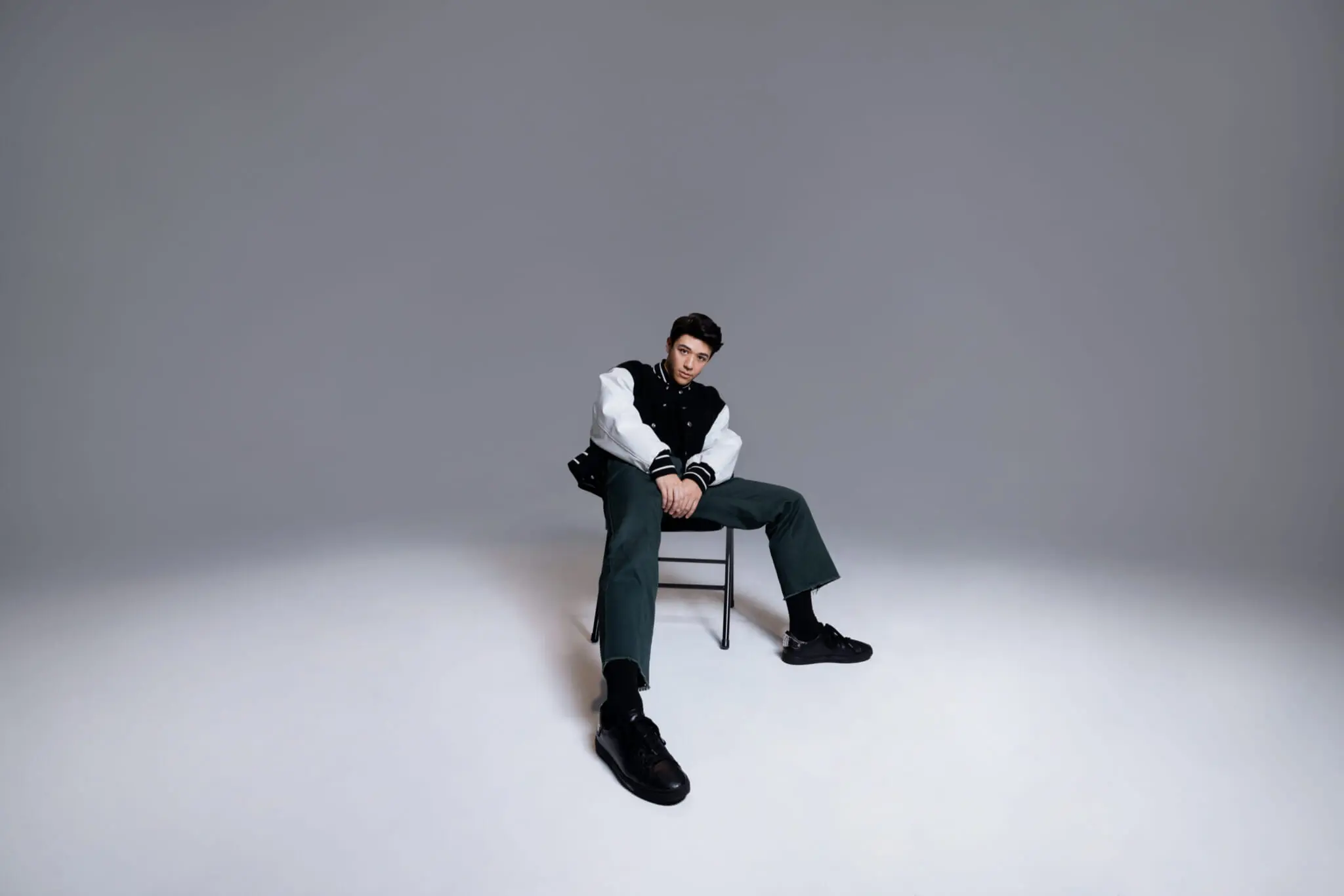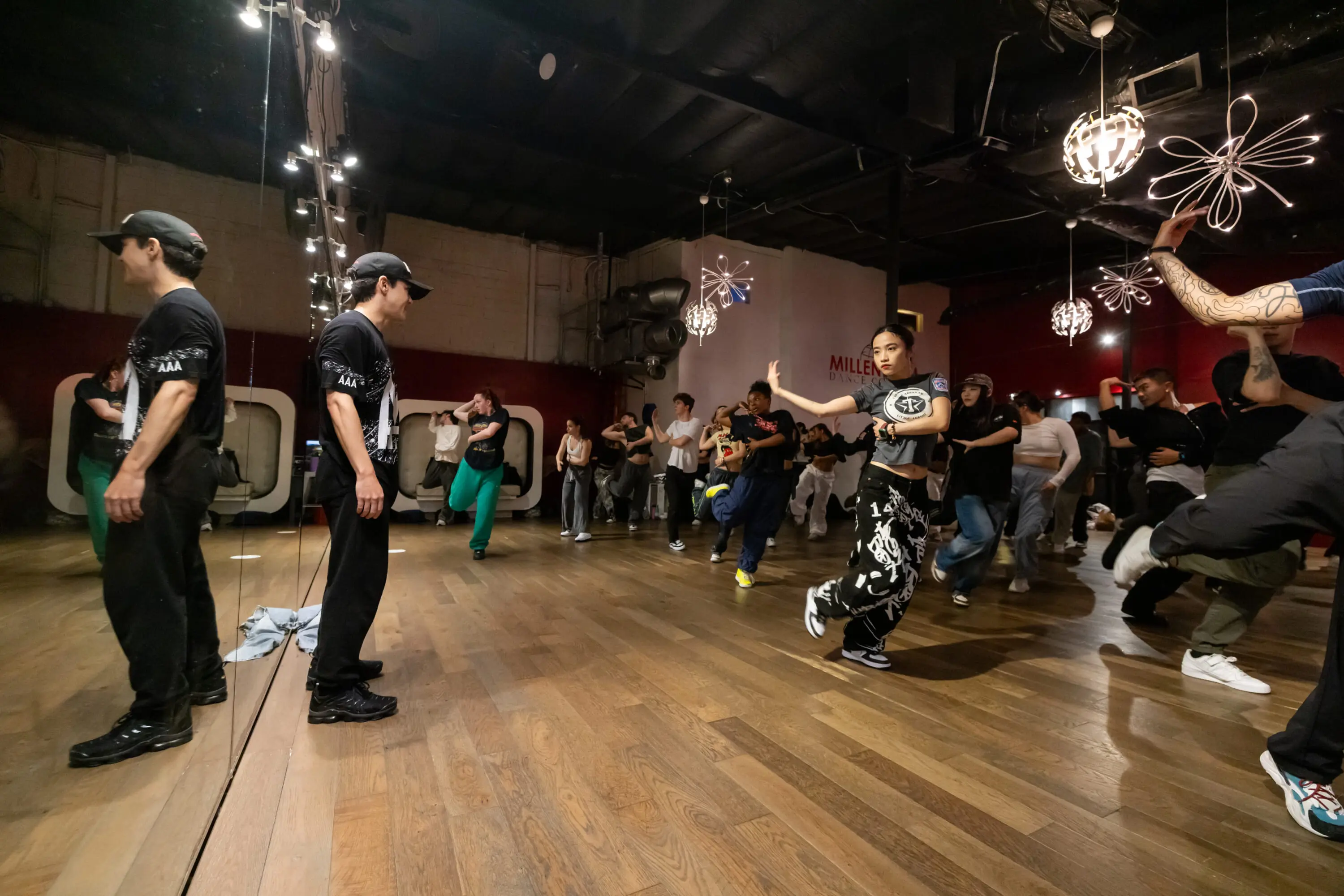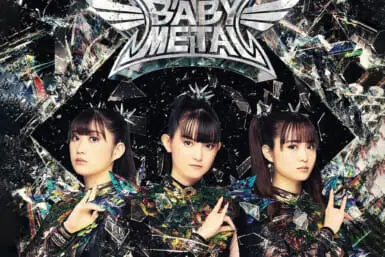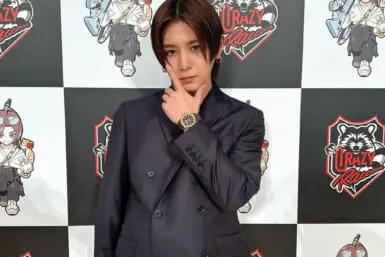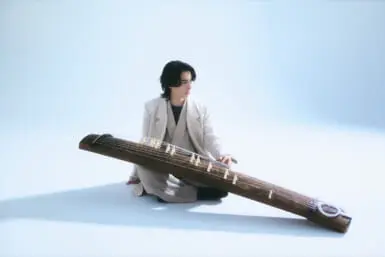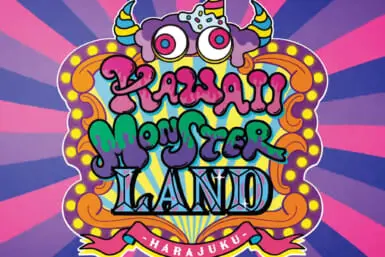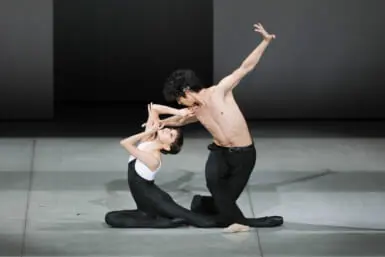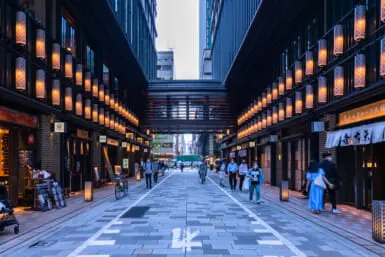This article appeared in Tokyo Weekender Vol. 4.
To read the entire issue, click here.
A Los Angeles-based choreographer and creative director, Kyle Hanagami has worked with some of the most high-profile musicians on the planet, including the likes of Britney Spears, Justin Bieber, Alicia Keys and Blackpink. Best known for his work on YouTube, he’s recently been moving more into film and TV, and this year worked on the musical comedy Mean Girls.
So where did his passion for music come from? And what was it like working with Blackpink? We recently caught up with Hanagami to find out. Over the course of our conversation, we touched on his Japanese roots, how he got started as a dancer and the massive impact that choreography has had on pop culture.
Kyle Hanagami Full Interview
How much of an influence did your Japanese background have on your upbringing?
Quite a lot. My grandmother, who was born and raised in Tokyo, would take me to temple every weekend and I would watch her do Japanese fan dancing. She also used to visit Japan once a year and would bring back games and videotapes of Hayao Miyazaki films before that part of pop culture became big in the States. I remember sitting with her as she translated video games from Japanese into English for me.
Do you visit Japan often?
Yes, at least once a year. I’ve been visiting since I was 16 and absolutely love the place. It wasn’t until my first solo trip, though, that I really started to think, This is where I’m from. In Los Angeles, where I grew up, it’s predominantly white, so culturally, I felt like an outsider and I experienced racism. Even though my time in Japan is always short, I feel I resonate with the people there more. My father didn’t speak the language, but he raised me as a Japanese person.
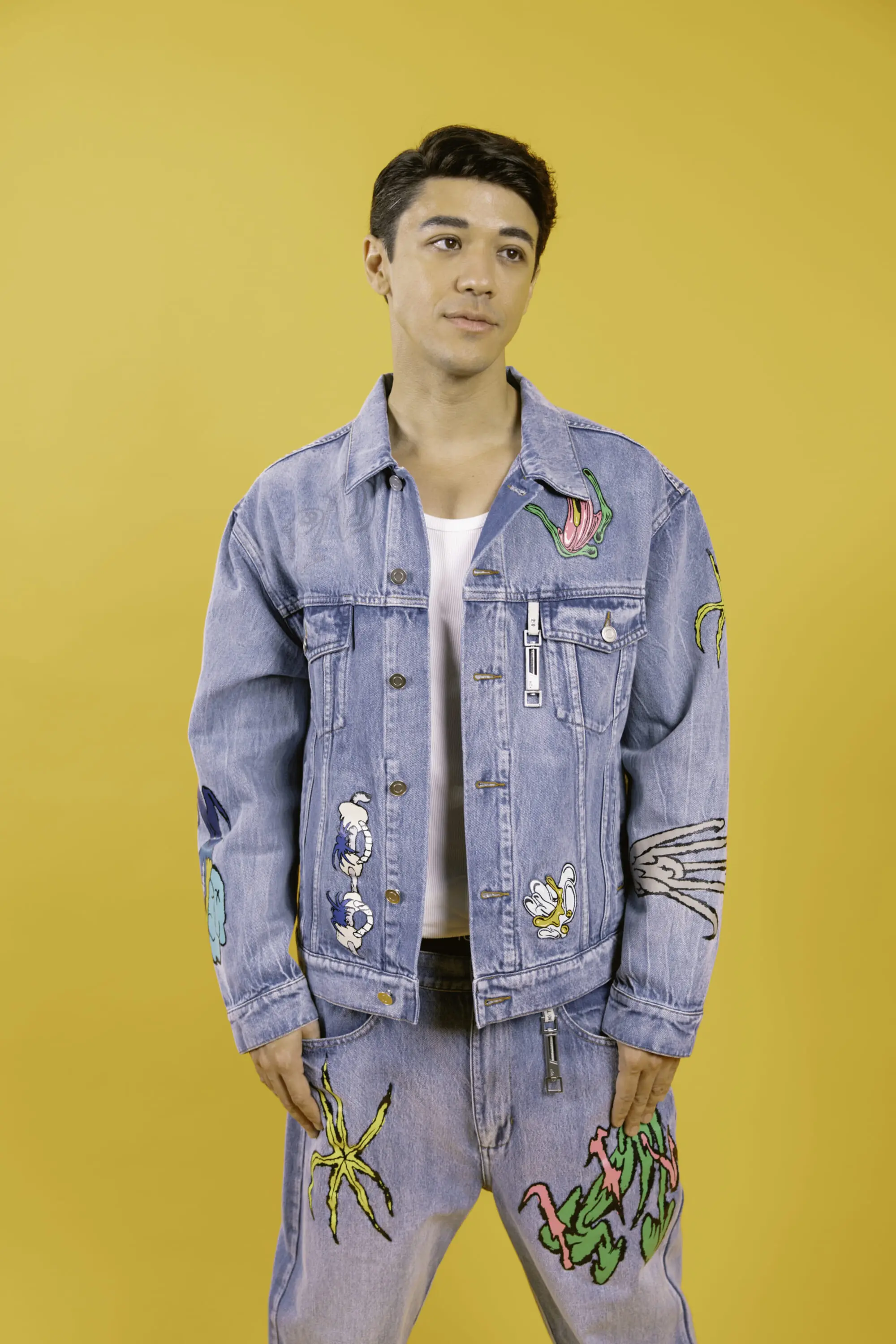
What are your thoughts on the Japanese dance scene?
My first time teaching dance in Japan was when I was 24 and what immediately blew me away was the students’ commitment to the craft. These dancers were so talented and clean in the way they executed their moves. They took a lot of pride in what they were doing and understood foundational styles. It was very inspiring. So far, I’ve worked a lot more with K-pop artists, but one thing I’m focusing on currently is helping to bring J-pop artists into the mainstream. There’s real potential there.
How did you get started as a dancer?
I began during my first year at the University of California, Berkeley. I majored in psychology and economics, but had become bored. My entire high school life had been spent studying, and I felt it was time to do something outside the classroom. Being in college, you have an opportunity to reinvent yourself and that’s what I wanted to do. I’d always felt I had this creative spark inside me and dance seemed like the perfect art form to get that out and express myself in a way I never had before. Starting so late, though, I didn’t learn the ‘right way’ to do it. I had to figure it out on my own.
Was it always your intention to turn that hobby into a career?
Not at all. I was kind of dragged into it because of my following on social media. What’s considered viral has constantly changed throughout the years. First it was 100,000 views, then 1 million, 10 million, and now I have videos with over 200 million. I began in the industry when I was around 23 after graduating from college. Agents had seen my clips on YouTube and signed me when I moved back to Los Angeles. I didn’t realize what was happening at the time. I do remember thinking to myself, I never want my name to be bigger than my talent. That’s something that has stayed with me throughout my career. I’ve always focused on honing my craft rather than worrying about how big I am.
How does it make you feel when you hear people say that they started dancing because of you?
Old. I mean it’s cool. I didn’t have any dance influences growing up, so to be told that I inspired people is hard to get my head around. Going back 10 years, I started hearing those words from dancers here and there. Now it’s A-list actors and singers as well as executives and people who run entertainment studios. I’ve received messages from Hollywood stars just after watching their movies. That’s surreal. I certainly never expected anything like that when I started dancing.
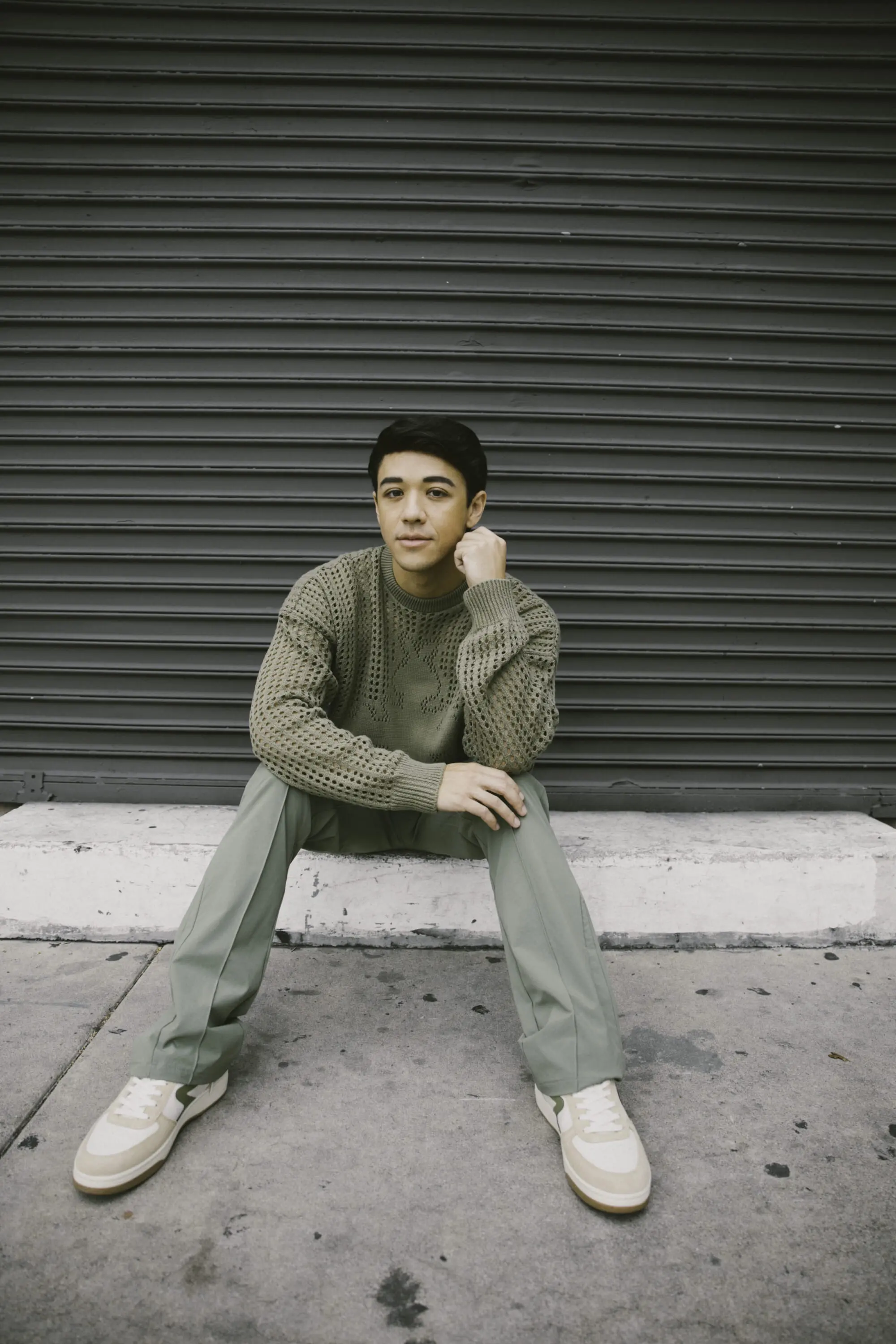
You’ve worked with some of the biggest musicians on the planet. Have you ever felt intimidated by anyone?
No, I wouldn’t say I have. There was one time, though, when I turned down the opportunity to work with a major global artist. They approached me about touring with them around 10 years ago. I just felt I would’ve been thrown in at the deep end and didn’t think I was prepared. It could have given me a foot up in the industry as I wasn’t as established then as I am now, but I don’t think I would’ve done myself or the artist justice.
What was it like working with Blackpink?
They’re incredibly talented and hardworking. When I first met them, they hadn’t released a single song. Being able to help craft their career was like a dream for me. I’d gotten used to supporting artists like J.Lo and Alicia Keys, who were already established. With Blackpink, I was called in from the beginning. They each have their own individual qualities and I had so much fun bringing each of them to life in their own way on stage.
Can you tell us about your experience working on the set of Mean Girls?
It was a real eye-opener. Working with someone like Tina Fey was a dream. There aren’t a lot of people I would call a genius, but she truly is. It’s not just her undoubted talent, but also how kind she is to everyone. It was a privilege to be part of such a great project. I was also delighted to get the opportunity, as I’m looking to do more TV and film work as a choreographer and director. Ultimately, though, whether I’m doing a music video, movie or stage production, my aim is to identify and accentuate a dancer’s strong points.
You were recently involved in a dispute with the makers of the game Fortnite over a copyright issue. How important is it for dancers to protect their work?
Very. And the situation is rapidly evolving. I really hope the world understands the value of creators and choreographers. Systemically, we’ve been taken advantage of, and it’s bigger than any one court case or incident. It’s about making sure people realize that choreography has a massive impact on pop culture, from the biggest trends of the year to the Wednesday Dance. It’s a huge part of people’s lives, but still feels undervalued.
Check out Kyle Hanagami on Instagram at and on YouTube.
